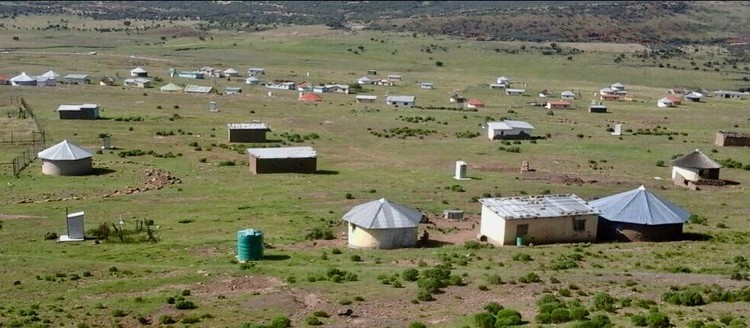Village in the dark since the dawn of democracy
Vuyisile Khabiqheya, 23, has lived his whole life without electricity
Established in 1993, the small village of Phelandaba has been waiting for electricity for more than 24 years, ever since South Africa’s first democratic elections.
In Qamata Great place outside Cofimvaba in the Eastern Cape, a number of villages near Phelandaba, such as Mmangweni, Elixeni and Mgongxo, have been connected to the grid.
Villagers say that their councillor promised that once the village expanded to 50 households, Intsika Yethu municipality would bring electricity. Phelandaba now has about 85 households.
The municipality has provided water taps, but villagers say electricity is a priority.
Village elders say young people leave to go to the city where there is electricity for computers and cellphones. In February 2017, youth from the community marched to the local municipal offices.
Vuyisile Khabiqheya, 23, says he has lived his whole life without electricity. He said he has to walk a kilometre to charge his phone at Mmangweni. “Sometimes we fear that we might miss important calls while our phones are on charge as some of us are still job hunting,” said Khabiqheya.
“When the sun sets, we see other homes enjoying the privilege of access to lights. But as for us, nothing,” he said.
Another villager, Nokuphumla Mashiyane, said angrily, “We have not tasted the freedom others are tasting … Our municipality has failed us.”
Zuko Tshangana, communications manager for Intsika Yethu Municipality, said Eskom had already placed pins to mark out the installation to take place in the 2018/2019 year, which started on 1 April. He said Eskom was busy with the procurement process for construction.
© 2018 GroundUp. 
This article is licensed under a Creative Commons Attribution-NoDerivatives 4.0 International License.
You may republish this article, so long as you credit the authors and GroundUp, and do not change the text. Please include a link back to the original article.



